12 Iconic Music Albums from the 70s and 80s You Need in Your Collection

The 70s and 80s were pivotal decades in music history, giving birth to groundbreaking genres, legendary artists, and timeless albums. These two decades saw a revolution in musical styles, blending rock, pop, punk, and funk in ways that continue to resonate today. This era produced some of the most influential and innovative albums ever recorded, shaping the soundscape of modern music and leaving an indelible mark on pop culture. If you’re looking to enrich your music collection, these twelve iconic albums are essential.
1. The Dark Side of the Moon – Pink Floyd (1973)
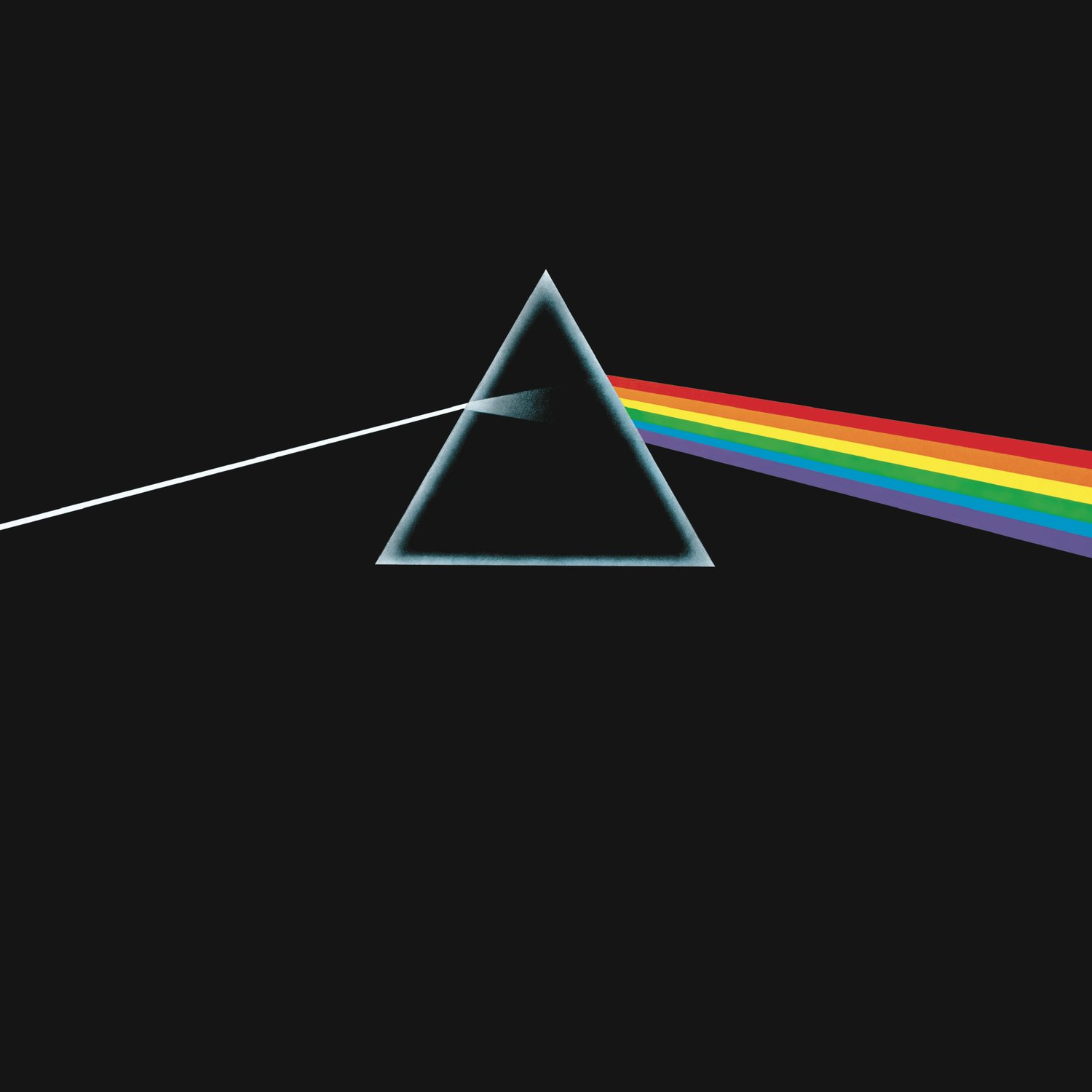
This progressive rock masterpiece dives deep into themes such as conflict, greed, and mental illness. Known for its sonic experimentation and philosophical lyrics, the album is a journey through the human experience. Tracks like “Time” and “Money” showcase the band’s ability to blend complex themes with mesmerizing soundscapes. The album remained on the Billboard charts for 741 consecutive weeks, which is over 14 years.
2. Rumours – Fleetwood Mac (1977)
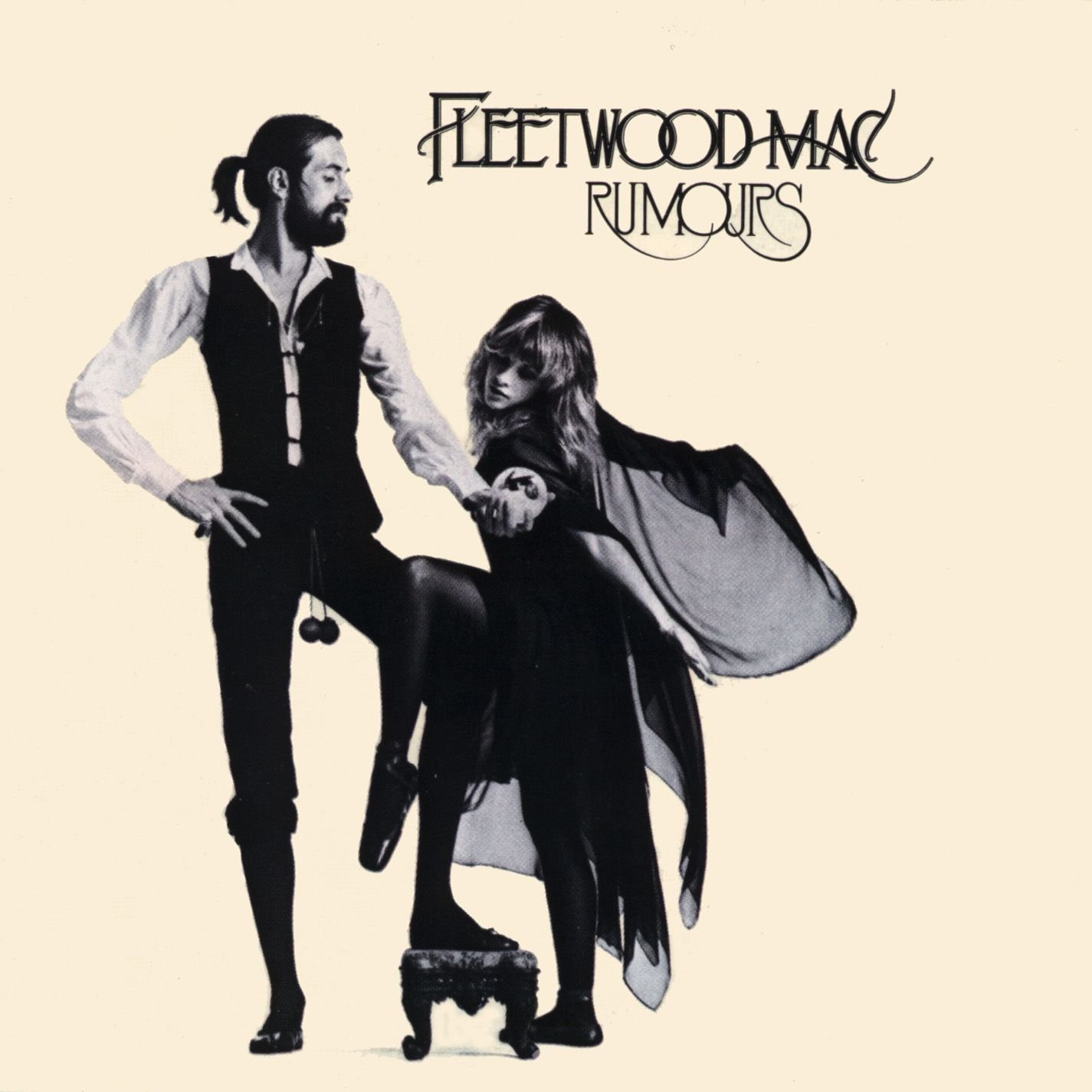
A quintessential rock album, Rumours captures the tumultuous relationships within the band, resulting in a collection of songs that are both deeply personal and universally relatable. With hits like “Go Your Own Way” and “Dreams,” it explores love, heartbreak, and betrayal, all wrapped in harmonious melodies. The band’s internal conflicts during the recording process added a raw, emotional depth to the music.
3. Hotel California – Eagles (1976)
![3. Hotel California – Eagles (1976) <p>Blending rock with a touch of country, Hotel California features masterful storytelling and intricate guitar work. The title track, with its haunting lyrics and iconic guitar solo, sets the tone for an album that explores themes of excess and disillusionment in 1970s America. The title track’s guitar solo is often considered one of the greatest of all time and was ranked number 8 on Guitar World’s list of the 100 Greatest Guitar Solos.var cid = "9048067730"; var pid = "ca-pub-4779785715115193"; var slotId = "div-gpt-ad-ourdebtfreefamily_com-large-mobile-banner-1-0"; var ffid = 1; var alS = 1713 % 1000; if(typeof ez_ad_units == "undefined"){ez_ad_units=[];}ez_ad_units.push([[300,250],"ourdebtfreefamily_com-large-mobile-banner-1","ezslot_8",107,"0","0", "ourdebtfreefamily_com-large-mobile-banner-1-0"]); var container = document.getElementById(slotId); if (container) { var ins = document.createElement("ins"); ins.id = slotId + "-asloaded"; ins.className = "adsbygoogle ezasloaded"; ins.dataset.adClient = pid; ins.dataset.adChannel = cid; ins.style.display = "block"; ins.style.minWidth = container.attributes.ezaw.value + "px"; ins.style.width = "100%"; ins.style.height = container.attributes.ezah.value + "px"; ins.style.margin = "0px auto"; container.style.maxHeight = container.style.minHeight + "px"; container.style.maxWidth = container.style.minWidth + "px"; var script = document.createElement("script"); script.innerText = "(adsbygoogle = window.adsbygoogle || []).push({});"; ins.appendChild(script); container.appendChild(ins); window.ezoSTPixels = window.ezoSTPixels || []; if (typeof ezoSTPixelAdd === "function") { window.ezoSTPixelAdd(slotId, "stat_source_id", 44); window.ezoSTPixelAdd(slotId, "adsensetype", 1); } else { window.ezoSTPixels.push({id: slotId, name: "stat_source_id", value: 44}); window.ezoSTPixels.push({id: slotId, name: "adsensetype", value: 1}); } window.ezaslWatch = window.ezaslWatch || []; window.ezaslWatch.push(slotId); }(adsbygoogle = window.adsbygoogle || []).push({});</p> ::amazon.com](https://www.ourdebtfreefamily.com/wp-content/uploads/2025/02/pLnzL._SL1500_.jpg)
Blending rock with a touch of country, Hotel California features masterful storytelling and intricate guitar work. The title track, with its haunting lyrics and iconic guitar solo, sets the tone for an album that explores themes of excess and disillusionment in 1970s America. The title track’s guitar solo is often considered one of the greatest of all time and was ranked number 8 on Guitar World’s list of the 100 Greatest Guitar Solos.
4. Thriller – Michael Jackson (1982)
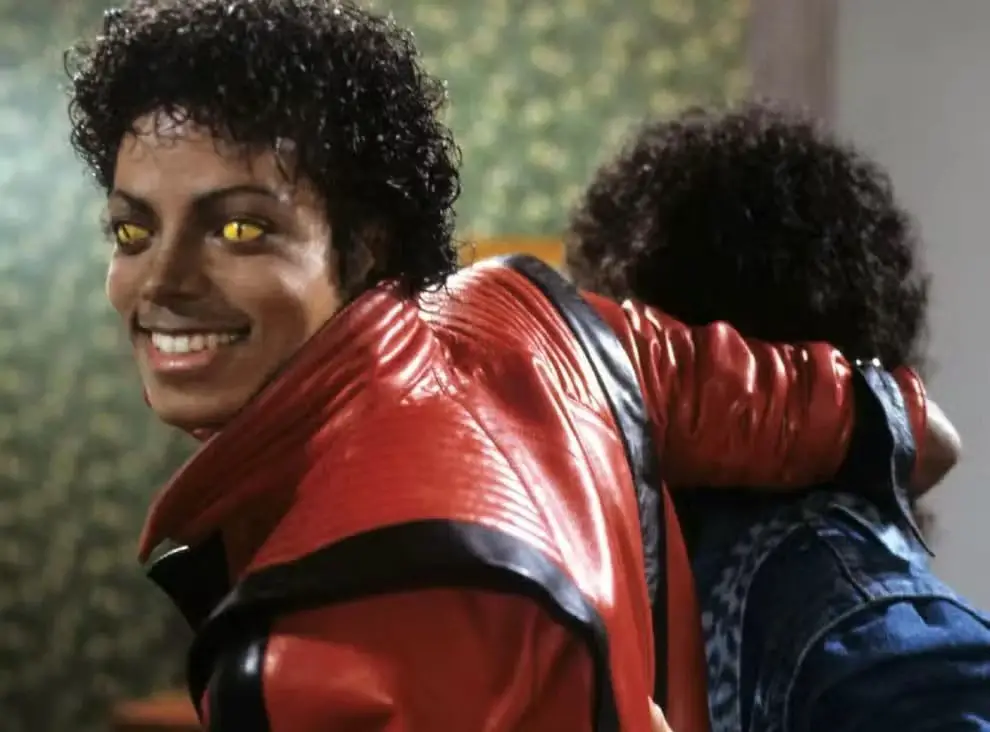
The best-selling album of all time, Thriller revolutionized pop music with its blend of rock, funk, and R&B. Hits like “Beat It,” “Billie Jean,” and the title track remain dance floor staples. The album’s groundbreaking music videos and Jackson’s charismatic performances helped define the MTV era. The “Thriller” music video, directed by John Landis, was the first music video inducted into the National Film Registry by the Library of Congress.
5. London Calling – The Clash (1979)
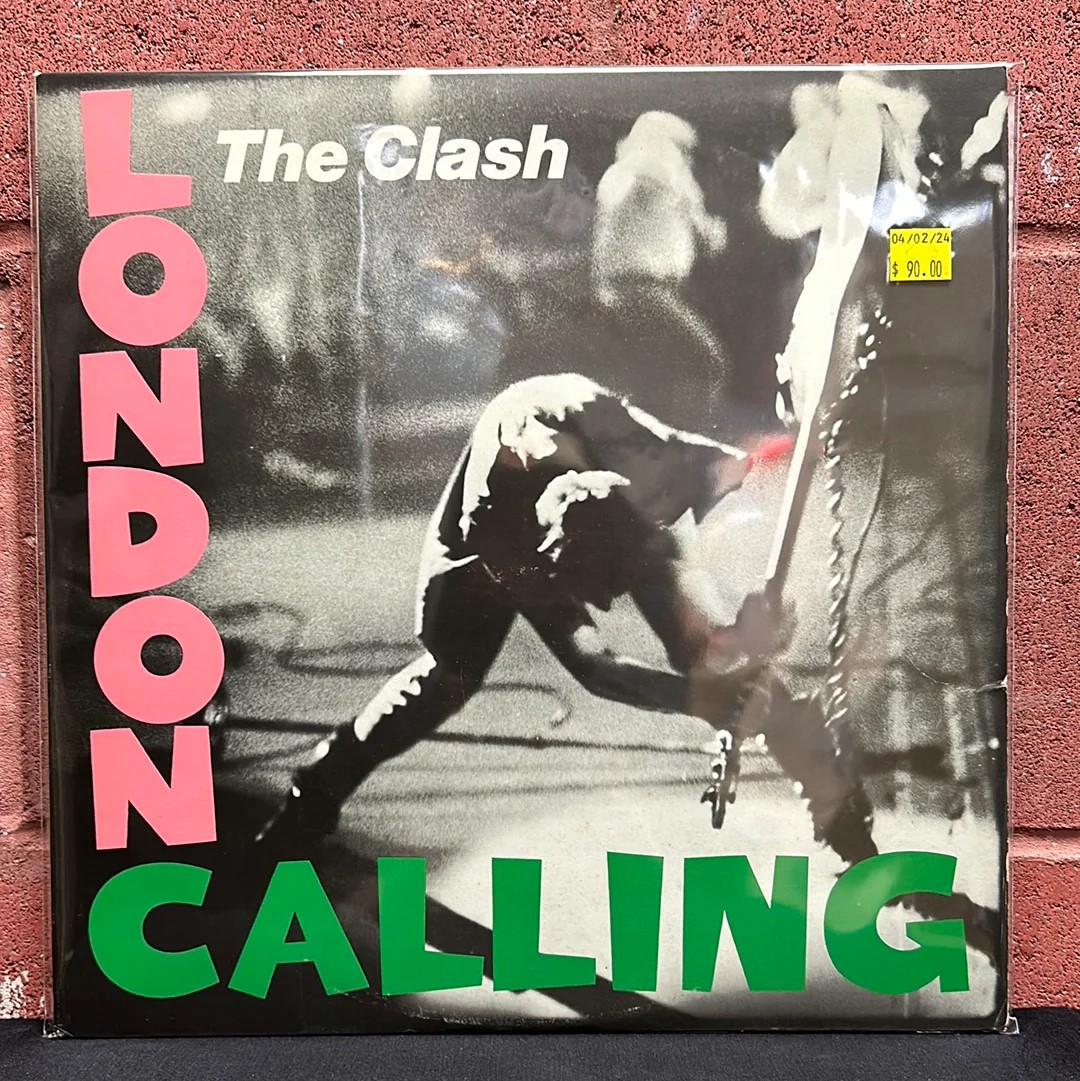
Punk meets rock in this influential album, which touches on social issues and showcases the band’s versatility. The title track, with its driving rhythm and urgent lyrics, sets the stage for an album that is both rebellious and reflective. “Train in Vain” and “Clampdown” are other standout tracks. The album cover features a photo of bassist Paul Simonon smashing his bass guitar, capturing the raw energy and defiance of punk rock.
6. Back in Black – AC/DC (1980)
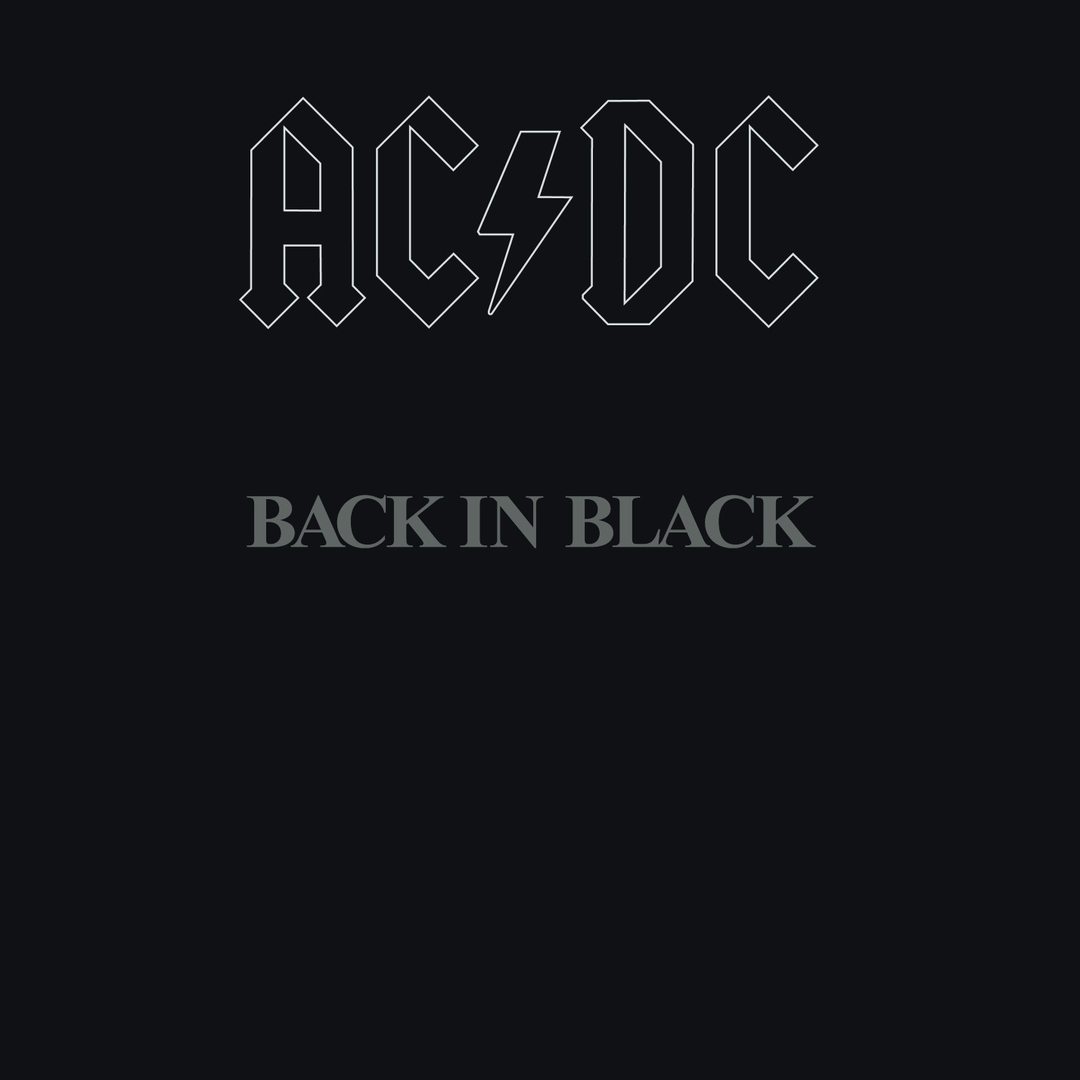
Following the tragic death of lead singer Bon Scott, AC/DC roared back with this hard-hitting rock album. “Hells Bells,” “You Shook Me All Night Long,” and the title track are rock anthems that celebrate resilience and defiance. The album’s distinctive black cover symbolizes both mourning and rebirth. Back in Black is one of the best-selling albums in history, with an estimated 50 million copies sold worldwide.
7. The Wall – Pink Floyd (1979)
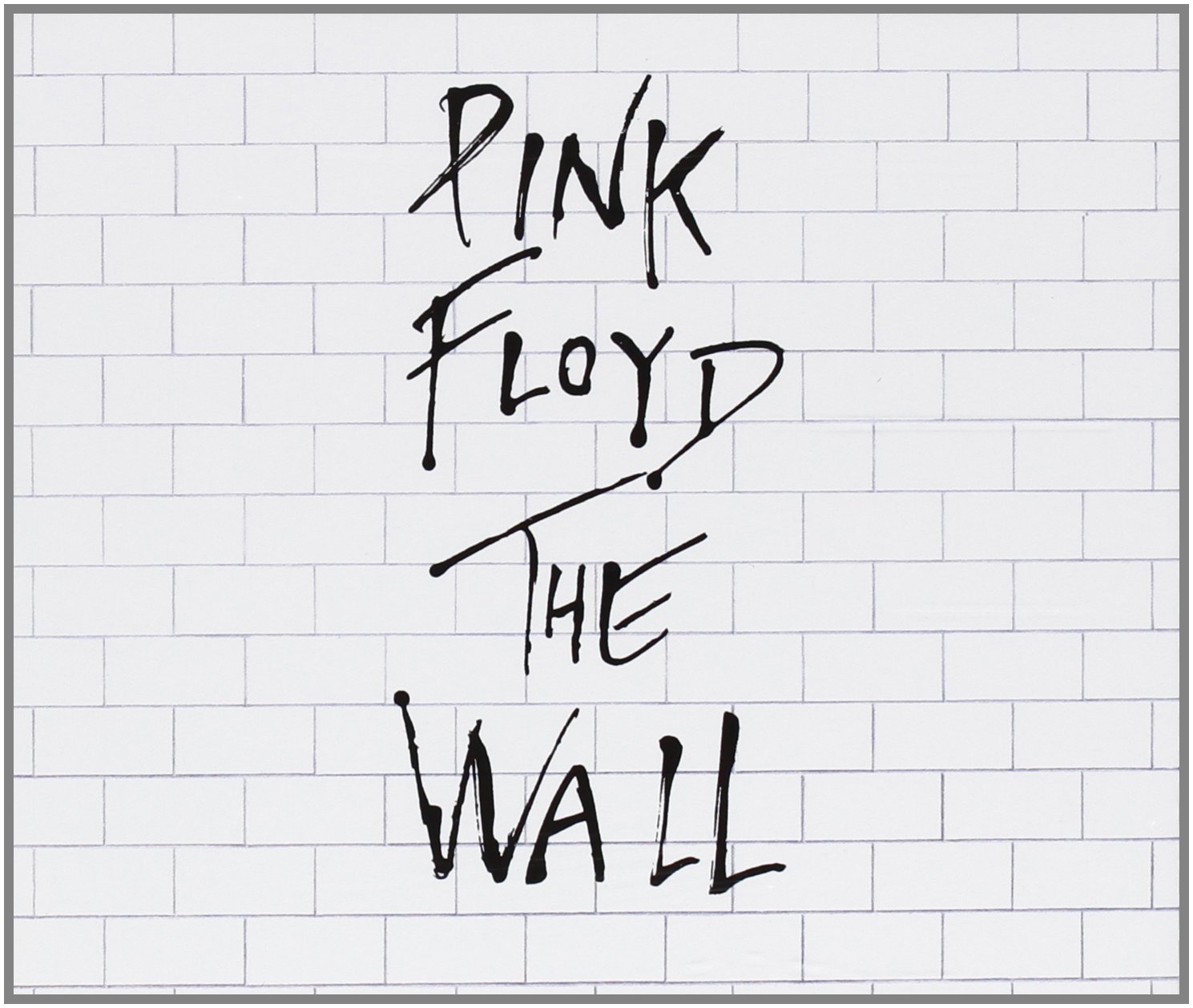
A rock opera that delves into themes of isolation and alienation, The Wall features iconic tracks like “Another Brick in the Wall, Part 2” and “Comfortably Numb.” The album’s ambitious concept and production make it a landmark in the world of progressive rock. The tour for The Wall featured elaborate stage productions, including the construction of a wall onstage, which was later demolished.
8. Purple Rain – Prince (1984)
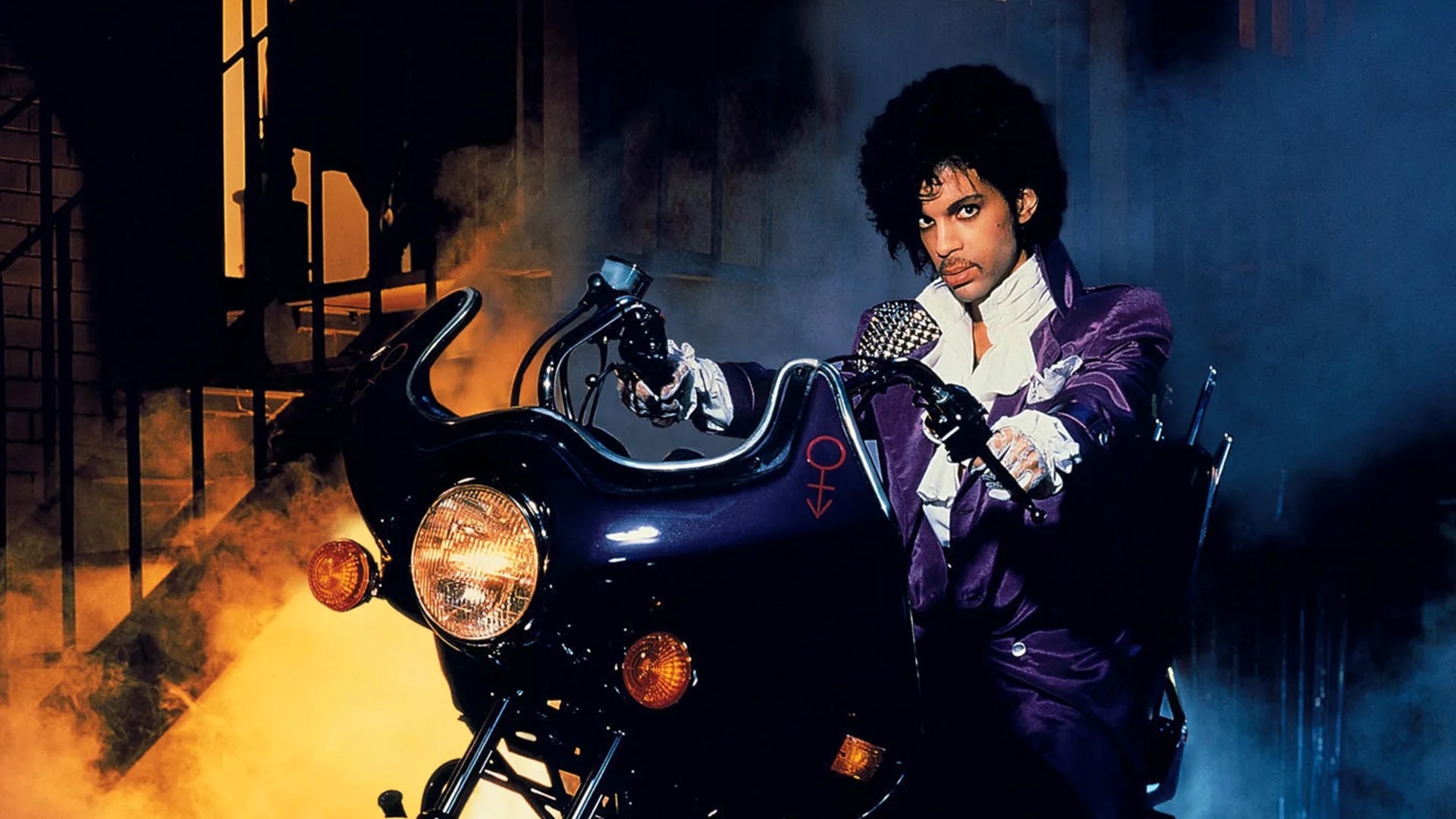
Prince’s magnum opus, Purple Rain, blends rock, R&B, and pop in a dazzling display of musicianship. The title track, along with “When Doves Cry” and “Let’s Go Crazy,” showcase his genius and charismatic presence. The album’s fusion of genres set new standards for pop and rock music. Purple Rain was also the soundtrack to Prince’s semi-autobiographical film of the same name, which won an Academy Award for Best Original Song Score.
9. Born to Run – Bruce Springsteen (1975)
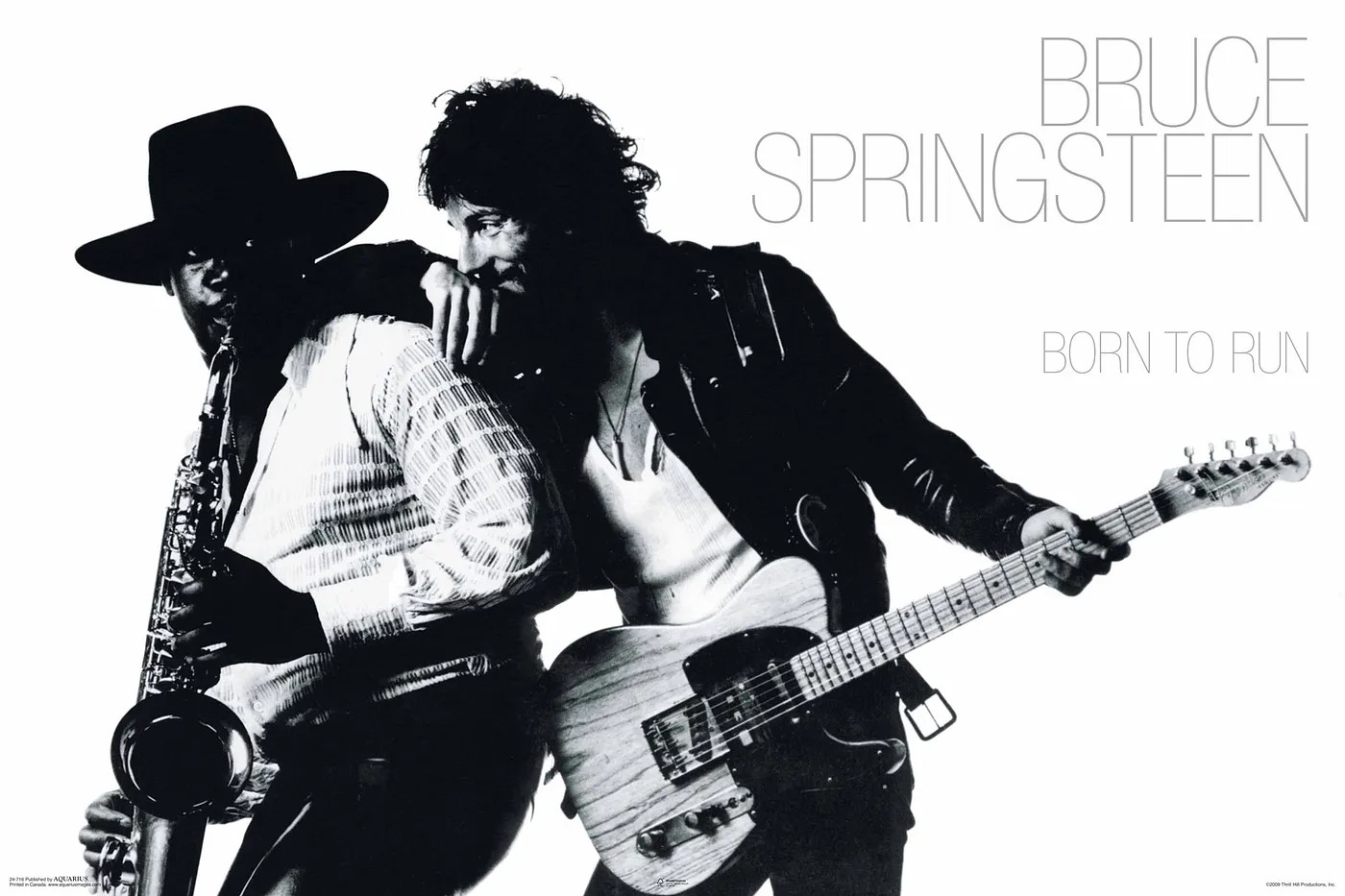
Springsteen’s breakthrough album captures the yearning for freedom and the struggles of American life. The title track and “Thunder Road” are vivid, storytelling masterpieces that paint a picture of the working-class dream. The album is a testament to Springsteen’s lyrical prowess and musical craftsmanship. The iconic album cover features a black-and-white photograph of Springsteen leaning on saxophonist Clarence Clemons, symbolizing their close musical partnership.
10. Off the Wall – Michael Jackson (1979)
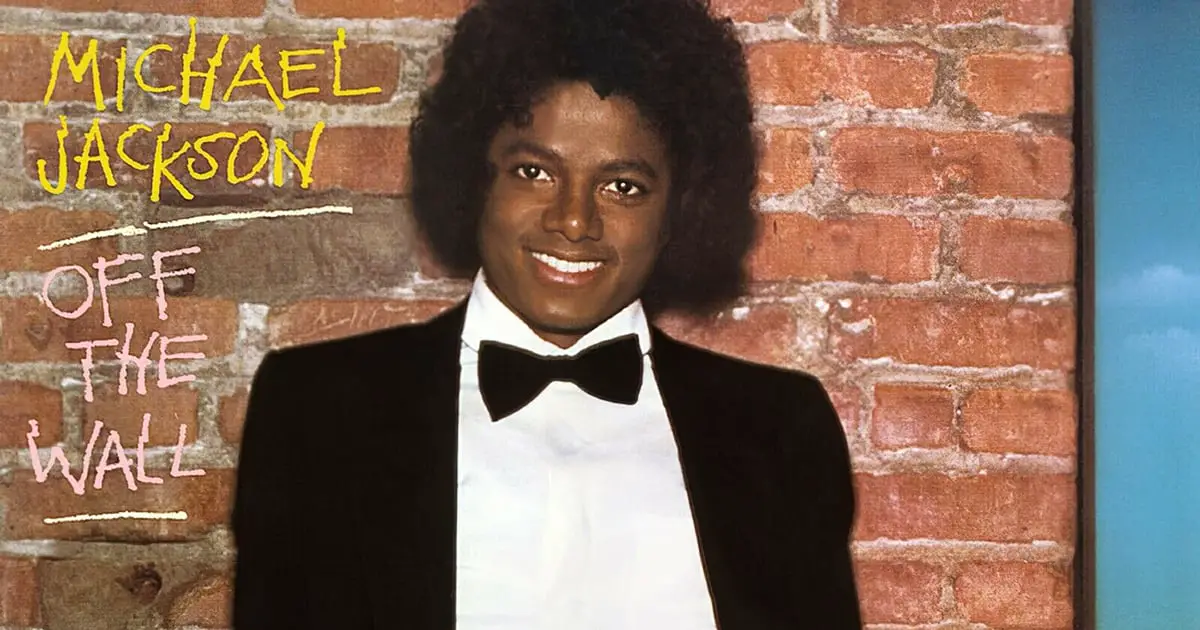
Before Thriller, there was Off the Wall. This album marked Jackson’s transition from child star to adult icon, with hits like “Don’t Stop ‘Til You Get Enough” and “Rock with You.” The album’s blend of disco, pop, and funk set the stage for Jackson’s future dominance in the music industry. Quincy Jones, the producer of Off the Wall, and Michael Jackson met on the set of the film The Wiz, where Jones was the musical supervisor.
11. A Night at the Opera – Queen (1975)
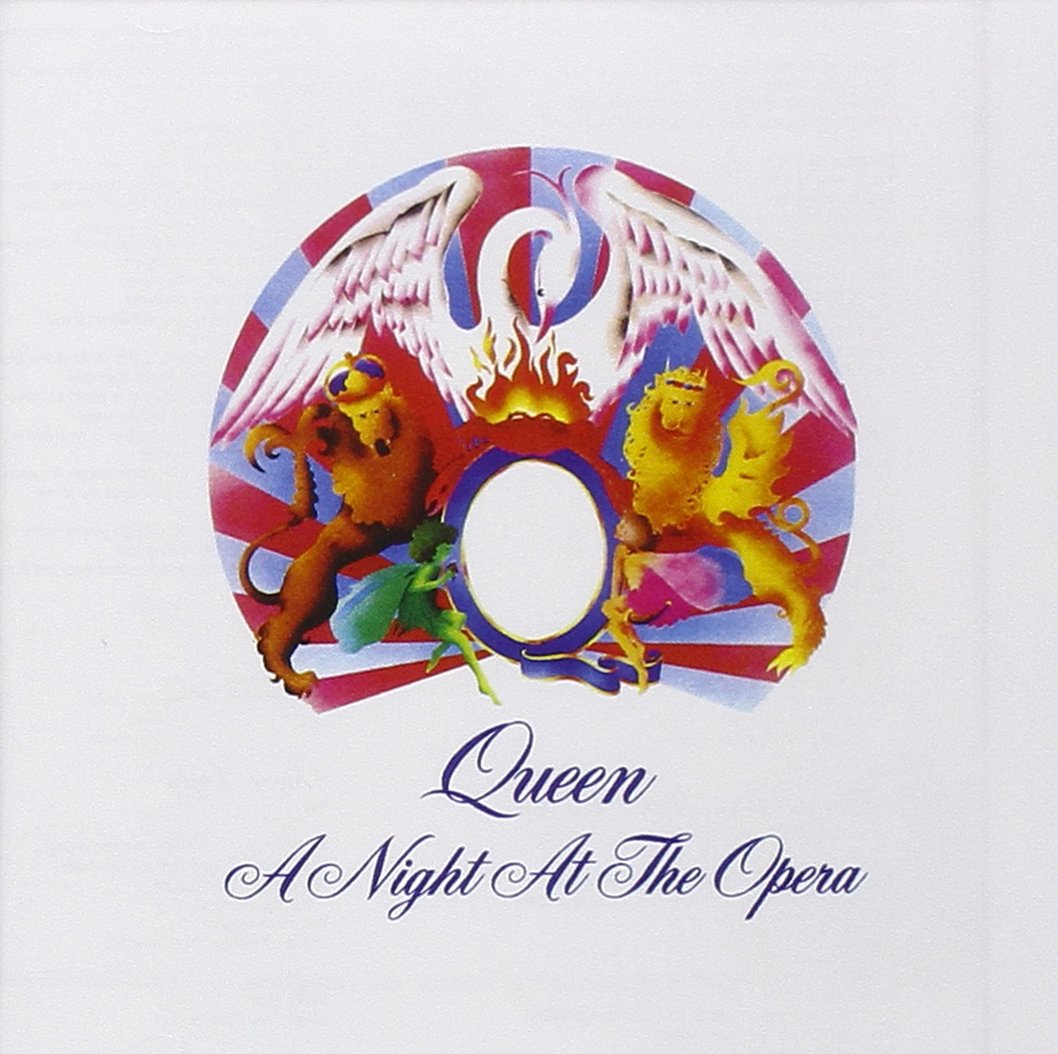
This genre-defying album is a testament to Queen’s musical versatility, blending rock, opera, and vaudeville. “Bohemian Rhapsody,” with its intricate composition and operatic sections, remains one of the most beloved and innovative songs in rock history. The album’s production was one of the most expensive of its time, showcasing Queen’s commitment to creating a grandiose musical experience.
12. Ziggy Stardust and the Spiders from Mars – David Bowie (1972)
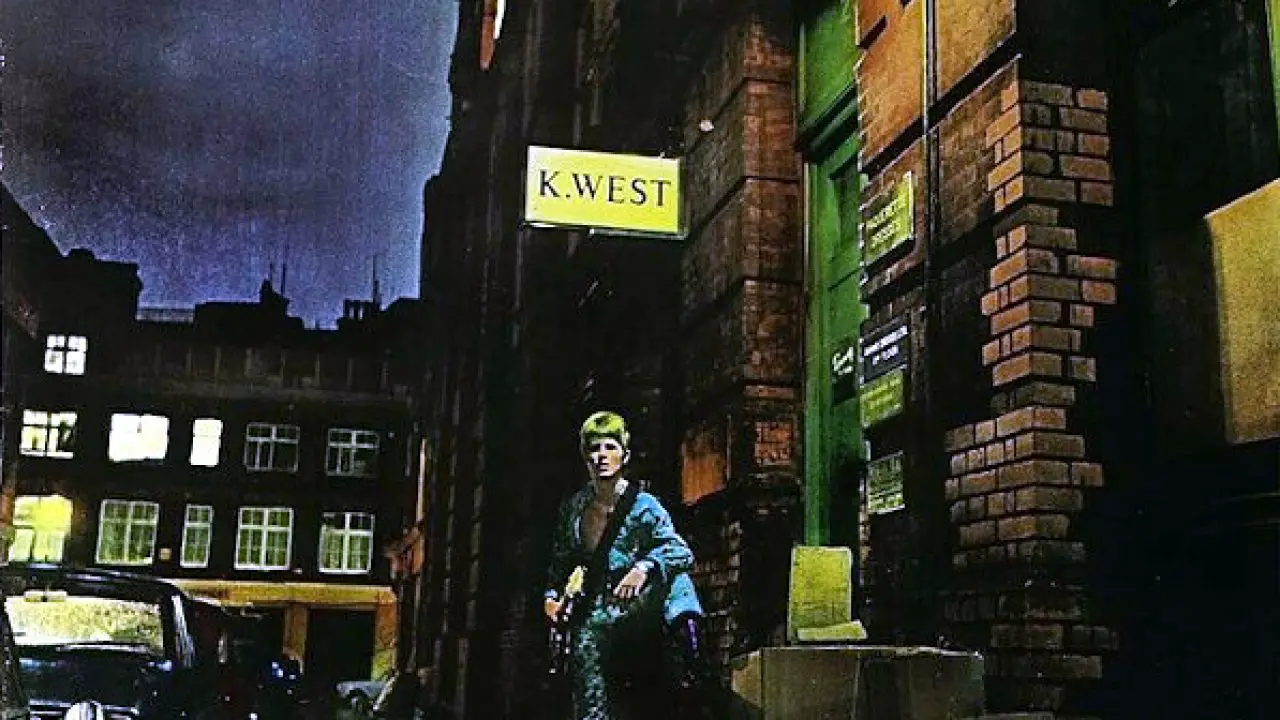
This glam rock classic tells the story of Bowie’s alter ego, Ziggy Stardust, an androgynous rock star from outer space. With tracks like “Starman” and “Suffragette City,” the album explores themes of fame, identity, and societal expectations. The character of Ziggy Stardust was inspired by various musicians and characters, including Iggy Pop and Lou Reed, and became one of Bowie’s most iconic personas.
Final Thoughts

Collecting these albums is like owning a piece of music history. Each one offers a unique window into the cultural and musical shifts of the 70s and 80s, and they continue to inspire generations of music lovers and artists alike. So, dust off that turntable or queue up your digital playlist—it’s time to dive into the iconic sounds of these legendary decades.
Leave a Reply